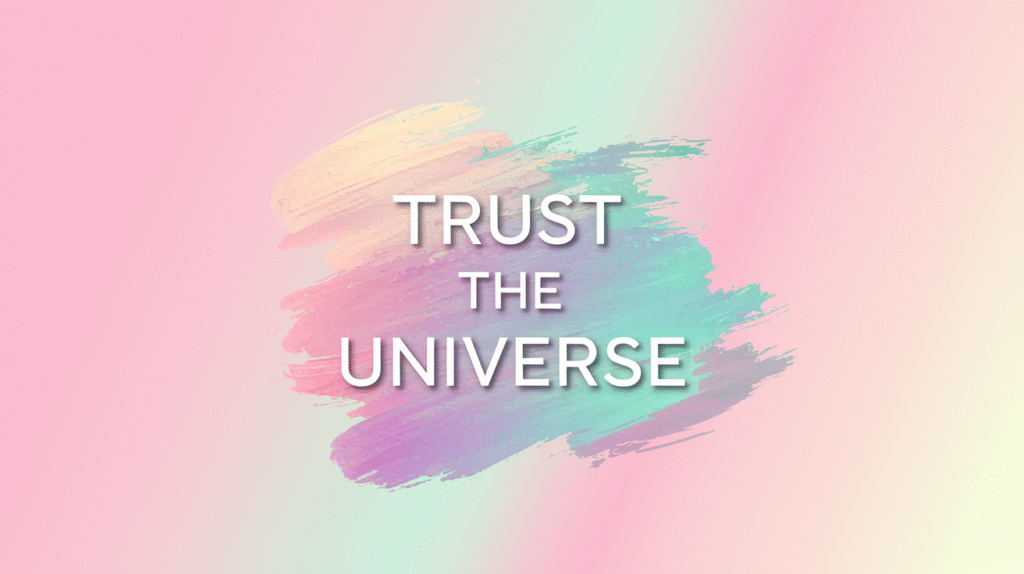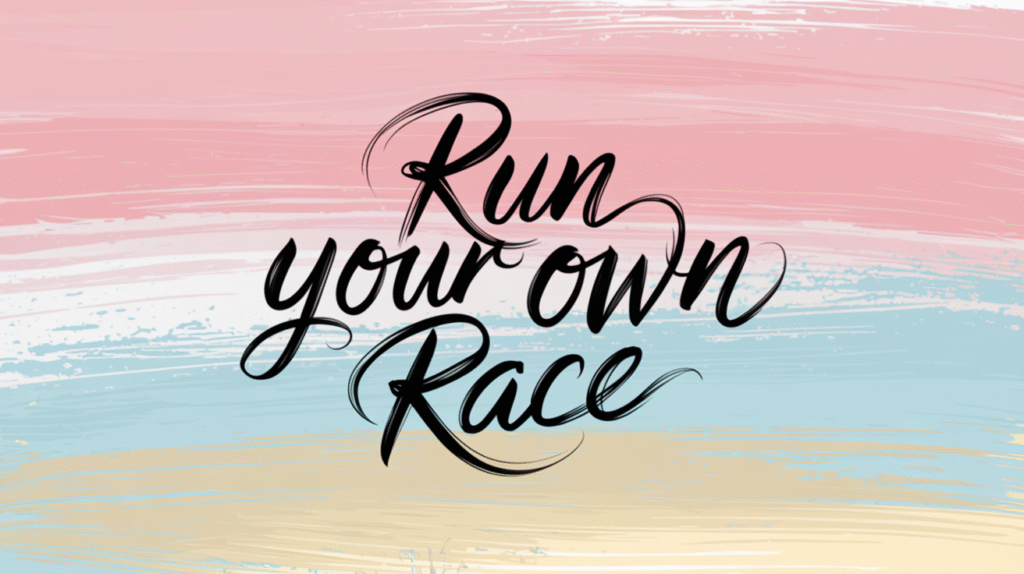
Finding Balance in Life
Life is a balance of giving and taking. This basic idea guides our interactions and relationships with others. Understanding the balance between what we give and what we receive is crucial to living a fulfilling life. Our actions, attitudes, and behaviors towards others can greatly impact what we experience in return.
Imagine life as a band where each member needs to play their part well for the music to sound good. If one person slacks off, the whole performance suffers. In the same way, our actions and attitudes can either harmonize or disrupt the flow of our lives. For example, if you are always helping others, they are more likely to help you when you need it. This isn’t just about fairness; it’s about the energy we carry into our relationships. Whether it’s emotional support, time, or compassion, what we give out tends to come back in some form, eventually creating a rhythm that defines our life’s experience.
This idea is simple yet profound: you cannot give bad and expect to receive good. If you offer negativity, hatred, or dishonesty, you will likely receive the same in return. Conversely, spreading kindness, love, and honesty will invite these positive qualities into your life. This article explores how our actions shape our experiences and why being the change we want to see is essential for personal growth and happiness. Ultimately, we are the composers of our own symphonies, and the energy we put into the world becomes the soundtrack to our lives.
The Principle of Reciprocity
The principle of reciprocity is at the core of human interactions. It suggests that our actions toward others influence how others respond to us. When we treat people with respect and kindness, they are more likely to mirror that behavior. This creates a positive cycle where good deeds lead to more good deeds, and thoughtful interactions become the foundation for strong relationships.
Imagine a lively concert where the energy between the band and the audience feeds off each other. The more the band gives, the more the crowd gives back. The same is true for our daily lives—when we give our best to others, we often get the best in return. For example, when you take time to listen to someone, they’re more likely to listen to you in return. Mutual respect builds trust, and that trust becomes the stage for meaningful and lasting connections.
But when we let negativity guide our actions, like being rude or dismissive, we plant seeds of tension that may come back to us in unexpected ways. Whether it’s a cold shoulder or missed opportunities, the effects of our actions ripple through our lives. That’s why it’s crucial to be intentional, to offer the kind of respect, attention, and compassion we ourselves hope to receive.
You Cannot Give Bad and Expect Good
One of the most important truths in life is this: you cannot give bad and expect to receive good. If we act with bitterness, hostility, or dishonesty, we shouldn’t be surprised when the world responds in kind. Life is about balance, and it rarely rewards us for sending out negative energy. Expecting a standing ovation after playing out of tune doesn’t work in music or in life.
If you treat people poorly, speak with sarcasm, or act selfishly, that negativity may return in the form of strained relationships, missed opportunities, or inner dissatisfaction. It’s not karma in some mystical sense—it’s the natural result of the environment we help create. Even the strongest connections can weaken when negativity goes unchecked. Over time, it becomes harder to repair the bridges we’ve burned, and we may find ourselves isolated in a world of our own making.
Just as a band can win back the crowd by fixing their sound mid-show, we can always course-correct in life. But it starts with owning the energy we put out and choosing to bring something better to the table. We can’t always control how others behave, but we can control how we show up—and that makes all the difference. Small changes in how we communicate and how we treat others can lead to transformative shifts in our everyday experience.
The Power of Positivity
When we choose positivity, we change the atmosphere not only around us but within us. Being positive doesn’t mean ignoring challenges—it means choosing not to be ruled by them. It’s responding to hardship with strength and choosing kindness even when it’s not easy. Positivity lifts the people around us, creating an emotional environment where creativity, connection, and joy can thrive.
Think of positivity like the bright, soaring chorus in your favorite song—it brings the entire piece to life. When you offer support to a friend, when you greet a stranger with a smile, when you take time to encourage instead of criticize, you shift the rhythm of the day for everyone involved. These moments may seem small, but together, they create a larger harmony that fills your life with meaning.
Choosing a positive mindset doesn’t mean pretending everything is okay when it isn’t. It means believing that better days are possible and doing your part to help build them. In a world where negativity can be loud, positivity is its own kind of rebellion—one that pays off with peace, deeper connections, and a lighter heart. The habit of positivity reinforces itself, drawing more uplifting people and experiences into your orbit.
Spreading Kindness and Love
Kindness isn’t weakness; it’s strength wrapped in grace. The ability to be kind even when you’re stressed, tired, or misunderstood shows emotional maturity and depth of character. Small acts of kindness can shift someone’s entire day—sometimes even their life. And they don’t cost a thing. A compliment, a kind message, a gentle tone—these are the things that stay with people long after the moment passes.
Think of kindness as a collection of your best tracks, the ones that replay in people’s minds because they felt good to hear. A kind word today might echo back years later. Whether it’s helping someone in need, showing patience, or simply listening, these acts build trust, open doors, and reinforce the idea that we all have the power to make life better for someone else.
When you lead with kindness, you inspire it in others. You create a ripple effect that travels farther than you may ever realize. You remind others what it means to be human, to be seen, and to be valued. That’s a legacy that outlives even your loudest accomplishments. The more kindness you give, the more harmony you add to your world.
The Role of Honesty and Integrity
Honesty and integrity are not just virtues—they’re the bassline of a life that feels stable and authentic. People trust those who speak the truth, even when it’s uncomfortable. Being honest doesn’t mean being harsh; it means being real, respectful, and reliable. It means your actions match your words, and people can count on you to show up as yourself.
Integrity isn’t just doing what’s right when people are watching—it’s doing what’s right when no one is. And when we live this way, we build credibility that others respect. Just as a band gains loyal fans by staying true to their sound, people are drawn to those who live with purpose and consistency.
Honesty is also about being clear with ourselves. Are we showing up in a way that reflects our values? Are we proud of how we treat others? Living with integrity keeps us grounded and connected to what truly matters. It becomes a quiet kind of confidence, one that doesn’t need applause because it already knows its worth. It is the sound of truth echoing through every relationship and choice.
Being the Change
If you want more kindness in the world, start by showing more of it yourself. If you want better conversations, listen better. If you want more love, be more loving. Being the change isn’t about grand gestures; it’s about daily choices. It’s about choosing to live by example when it would be easier not to.
When you embody the energy you wish to attract, you shift your reality. It’s like playing a new song on repeat—eventually, others will pick up the rhythm. Don’t wait for the world to change; start tuning your own instrument. Start playing the kind of music you want to hear in your community, in your relationships, and in yourself.
You don’t need a spotlight to make a difference. You just need intention, effort, and the courage to live out the values you believe in. The world notices—even if quietly—and those actions inspire others to do the same. Kindness isn’t just what you give; it’s also what you invite into your life. And when you lead with that, you’ll be surprised how far it echoes.
What Are You Giving the World?
If the world echoed back your words, your actions, and your energy—what would that sound like? Would it reflect the harmony of kindness and empathy, or would it carry a tune of impatience, criticism, or distance? These are not questions to bring guilt, but to spark honest reflection. Every day, we contribute to the energy around us, intentionally or not. The tone we use, the care we give, the effort we put into each interaction—all of it matters.
So take a moment to consider the soundtrack of your life. Are you offering the kind of support you wish others gave you? Are you living as the kind of person you’d want beside you when things get hard? What changes, even small ones, could you make to bring more kindness into your conversations and choices? Life doesn’t demand perfection—it invites presence and awareness. When we live with kindness at the core, we don’t just hope for a better world—we help shape one, chord by chord, choice by choice.



